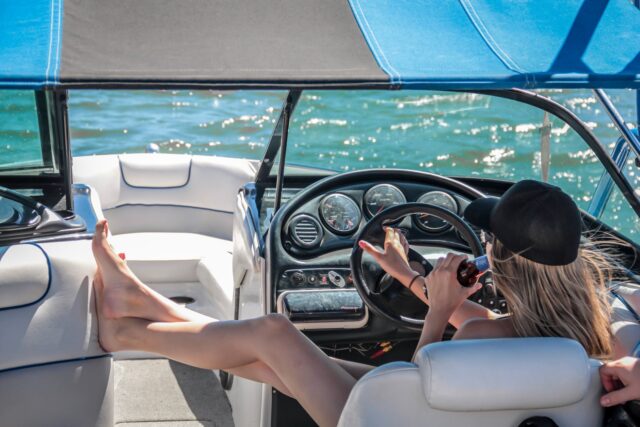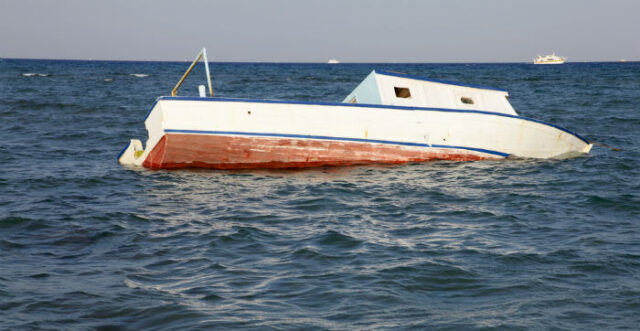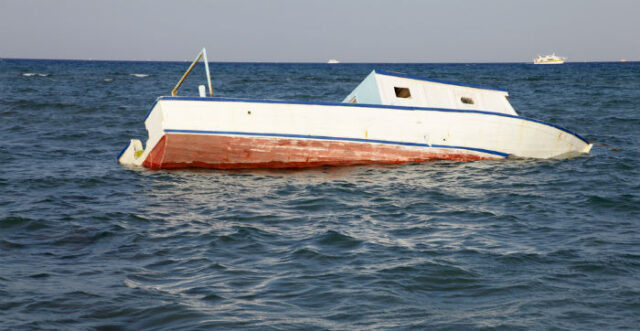
Just like cars, boats get accidents too, though on rare occasions. Most of the accidents do not cause fatalities, but the passengers may suffer debilitating injuries on various parts of the body. Most boat accidents happen as a result of operator negligence, harsh weather conditions, and equipment malfunctioning. When a boat accident occurs, the passengers have the right to initiate claims against the responsible parties.
Boat drivers, too, can seek compensation from the other boat driver or any other party who is responsible for the accident. As mentioned by the founders of wilsonlawgroupsc.com, the legal process is not always easy, but you can get the justice you need when you seek the right legal support and presentation. You can also get justice if you collect evidence. Read on to know how you can prove fault in a boat accident.
1. When the Boat Operator is at Fault

There are no clear rules which govern the party at fault in a boat accident. In some cases, the court may judge that either the parties are at fault, or none of them is at fault. Here are the main instances in which the boat operator can be at fault for the damage, or loss which the passengers sustain after a boat accident:
2. Boating under the influence
It is illegal to drive a boat when you are under the influence of alcohol or any hard drug. If you suspect that the driver was under the influence during the time of the accident, the authorities can undertake a blood test to find out the alcohol content in their blood. If the blood test is positive for the drugs, the law then concludes that they were at fault. Similarly, a driver who refuses to undertake the test is said to be at fault.
3. Hitting the wake of another boat

The term wake refers to the wave which boats make when moving on water. If the driver of the boat hits the wake, the boat can roll, capsize, or cause any other accident which affects the passengers. The driver would remain at fault for the accident unless they were unable to avoid the wake due to environmental conditions.
4. Failure to provide the right safety equipment
The law requires all boats to have the necessary safety tools and devices. Such tools include fire extinguishers, navigation lights, and life jackets. The driver, therefore, becomes the negligent party if they fail to supply that equipment.
5. Colliding with an object or another boat
The driver is at fault if he collides with another vessel or object. However, it can be possible that both drivers are at fault, and the accident happened as a result of poor visibility and distracted boating.
6. Poor training

The boat operator is at fault when he/she knowingly gives the boat to another person who lacks proper knowledge about boats.
In most cases, the boat operator is always at fault. However, the passenger can be at fault too when they fail to listen to the instructions, or when they behave recklessly. The manufacturer also might be at fault if the accident happens as a result of manufacturing defects. Similarly, the rental firm could be on the wrong side if they intentionally fail to repair or to fix the damaged parts of the boat.
Filing a Lawsuit
Both the state and federal laws apply when a boat accident happens. However, the state law may not apply in many cases when the accident occurs in the sea, but rather, the maritime law applies. The maritime law requires the victim of the accident to report the incident immediately if someone disappears into the sea, dies, or sustains severe injuries which need more than first aid. The lawsuit can help cover the lost wages, the medical bills, and the pain that you go through as a result of the accident. To increase the chances of success of your lawsuit, attach the relevant evidence that shows that indeed, the other party was at fault. Your evidence could include:
Witnesses
The passengers who were with you in the boat can be your witnesses. Other people who witnessed the accident can also help you gather evidence to support your case. You can write their names and their contacts, for accessible communication in the future.
Visible damages
Take photos and videos which clearly show the losses or damages sustained. Your photos should include the boat number, the picture of the driver, the visible injuries, any blood on the deck, exposed wiring on the deck, and so on. Empty beer bottles in the boat can also support your case, especially if the boat operator was drunk.
Police

The maritime police can provide crucial evidence in your case, especially if they were on the scene of accidents. If the accident happens, be sure to notify the police as soon as possible. The police should also provide an incident report to give a reference for the citations, safety violations, and any other useful information.
Medical records
Keep a record of the medical examination that you underwent after the accident. Your records should include the type of medication you used, and any other hospital-related bills for the accident.
Phone recordings

Record every conversation which seems helpful in your lawsuit. Your records should include the date and the time of the conversation.
In short, your evidence should clearly show that the boat operator or the owner owed you the duty of care at the time of the accident. Your evidence should also show that the person at fault was the proximate or the direct cause of the boating accident. If you suffered the non-economic loss, keep a diary and write down any lousy dreams, internal pain, or any other emotional disturbances that the accident caused you. The records will support your case and increase the chances of compensation.
All boat accidents victims have the right to initiate lawsuits. As a passenger, you can sue the boat operator, the manufacturer, the passengers, or any other person that you think was responsible for the mess. Boat operators can also sue other drivers or the passengers who push them to the limits of causing an accident. It is not easy to determine the party at fault, and you should, therefore, seek the help of an experienced lawyer. In addition to finding legal support, you should collect all relevant information that can support your lawsuit.







